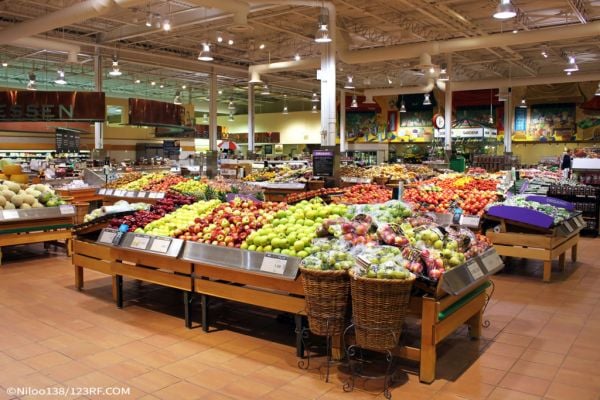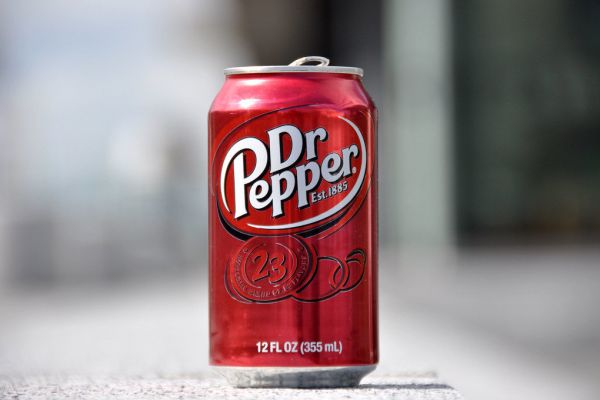More than 90% of consumers prefer brands that are taking steps to reduce food waste, while three fifths (60%) of consumers feel guilty about wasting food, a new study by Capgemini Research Institute has found.
According to the study, Reflect. Rethink. Reconsider. Why food waste is everybody’s problem, consumer consciousness around food waste has more than doubled in the past two years as rising food prices, supply chain challenges, the pandemic, and sustainability concerns are impacting consumer behaviour.
The study found that today, 72% of consumers are aware of their food waste footprint, compared to just 33% before 2020. In addition, some 61% of consumers want retailers and brands to do more to tackle this issue.
It also found that consumers are already looking into ways to reduce their food waste. There has been an 80% year-on-year growth in social media searches for methods to increase the life of food items. Cost savings (56%), concerns around world hunger (52%) and climate change (51%) are the primary reasons contributing to this.
Increased Awareness
“The increased awareness amongst consumers and the initiatives being taken by businesses to tackle food waste is a positive step forward”, said Tim Bridges, global sector lead, Consumer Products, Retail and Distribution at Capgemini. “With the help of technology, organisations can track and assess food waste at every stage of the food value chain to enable action at the right time, while also engaging with their consumers by inculcating waste avoiding behaviours and making them an active participant in waste reduction.
"An agile, intelligent supply chain can also enable an effective collaboration across the value chain to create a sustainable and future-ready ecosystem.”
Taking The Initiative
While many businesses are taking steps to tackle food waste in-store as well as in consumers' homes, many believe these initiatives don't go far enough. For instance, 60% of organisations say that they help consumers understand terms like 'best before', 'consume by' and 'expiry date', but only 39% of consumers are satisfied that this information is clear enough.
Consumers want organisations to do more in areas such as product innovation, packaging, clarity of date labels, and consumer education. For instance, consumers would like to see digital labels (QR codes, etc.) that will provide them with more information on the product’s journey and quality.
In fact, consumers feel they are too often left to their own devices regarding reducing food waste. When it comes to increasing food longevity at home, two-thirds (67%) are going to third-party sources for information (friends, family, influencers, and social media) with only a third (33%) getting information from packaging, commercials or campaigns run by food manufacturers and retailers.
The Capgemini Research Institute surveyed 10,000 consumers over the age of 18, as well as executives from 1,000 large organisations in food manufacturing and food retail. The global survey was conducted in 11 countries across North America, Europe, and Asia Pacific in April and May 2022. To read the full report, click here.
© 2022 European Supermarket Magazine – your source for the latest A-brands news. Article by Stephen Wynne-Jones. Click subscribe to sign up to ESM: European Supermarket Magazine.














